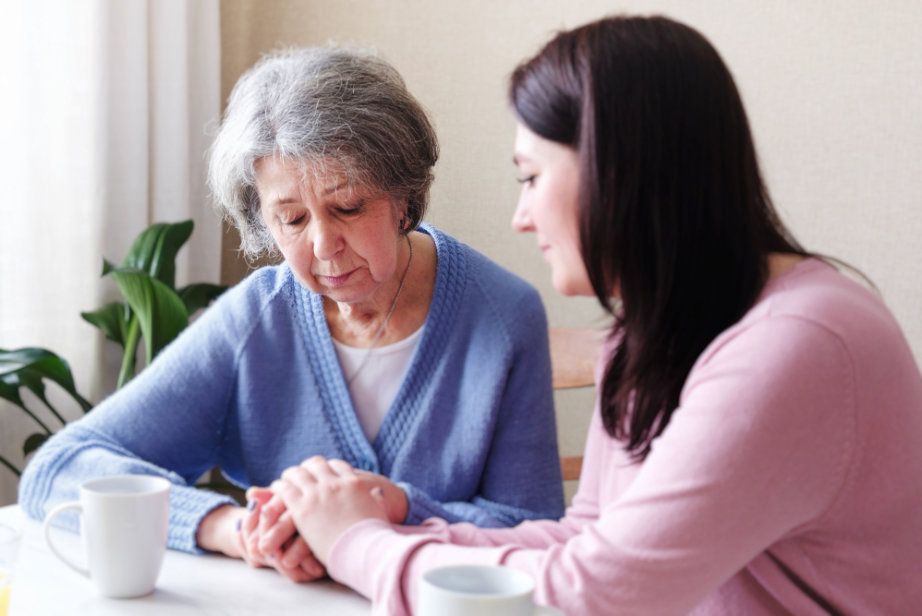
Senior isolation is an issue that plagues millions of elderly individuals throughout the United States, including those in Delaware. Growing older comes with several challenges that can contribute to a sense of isolation among seniors. These challenges include the loss of friends and loved ones, decreased mobility, and limited access to transportation. Moreover, the retirement phase often severs daily social interactions, leaving many seniors with a difficult void to fill. It’s here that home care in Delaware can play a crucial role in providing companionship and support for seniors facing these challenges.
One of the most profound contributors to senior isolation is the loss of friends and loved ones. As people age, they often witness the passing of their peers, close friends, and even spouses. These losses can lead to profound loneliness as the social circle that once provided companionship and support dwindles.
Seniors frequently grapple with decreased mobility, which further exacerbates their isolation. As their physical capabilities wane, they may find it increasingly difficult to engage in activities they once enjoyed, such as taking long walks, traveling, or running errands. The resulting confinement to their homes can intensify feelings of solitude.
Many older adults may no longer possess a driver’s license or the physical ability to use public transportation, rendering them reliant on others for mobility. This dependence can make it challenging to maintain social connections, hindering their ability to visit friends, attend social gatherings, or get out of the house.
Loneliness is intricately linked to physical health and increases the likelihood of developing chronic health conditions like heart disease and diabetes. The stress and anxiety that often accompany isolation can contribute to the development and exacerbation of these conditions, underscoring the importance of addressing this issue comprehensively.
Delaware has responded proactively to these challenges by launching various programs and initiatives to provide companionship and incontinence care. These initiatives recognize the importance of social interaction and the value of building connections to foster a happier and healthier aging process.
One remarkable example is home care services in Wilmington, Delaware, a collaborative effort that brings together community organizations and volunteers to address the needs of the state’s seniors. The network offers a comprehensive array of services, including in-home visits, transportation assistance, and access to senior centers. These services not only help seniors meet their daily needs but also provide opportunities for social engagement, helping to alleviate the pernicious effects of isolation.
The benefits of elderly care are realized especially with meal preparation. It can help combat depression and anxiety, improve cognitive function, and enhance overall well-being. Moreover, when seniors have companions, they often become more motivated to maintain healthy habits, including regular exercise and a balanced diet.
Volunteers who provide companionship in Delaware also experience numerous advantages. They report a sense of satisfaction, personal growth, and the joy of making a positive impact on someone’s life. Companionship initiatives serve as a bridge between generations, fostering a greater understanding and appreciation for the wisdom and experiences that older adults can offer.
Delaware’s dedication to combating senior isolation through companionship, as seen with Greater Works Companion Care, LLC, is an inspiration. It reminds us that reaching out and connecting can profoundly impact the lives of our older citizens. As we aim for more compassionate communities, let’s remember the power of human connection. Whether in Delaware or beyond, consider involvement in local senior support programs, volunteering, or simply exploring our website for more information. Together, we can ensure no senior faces isolation alone, changing lives.





